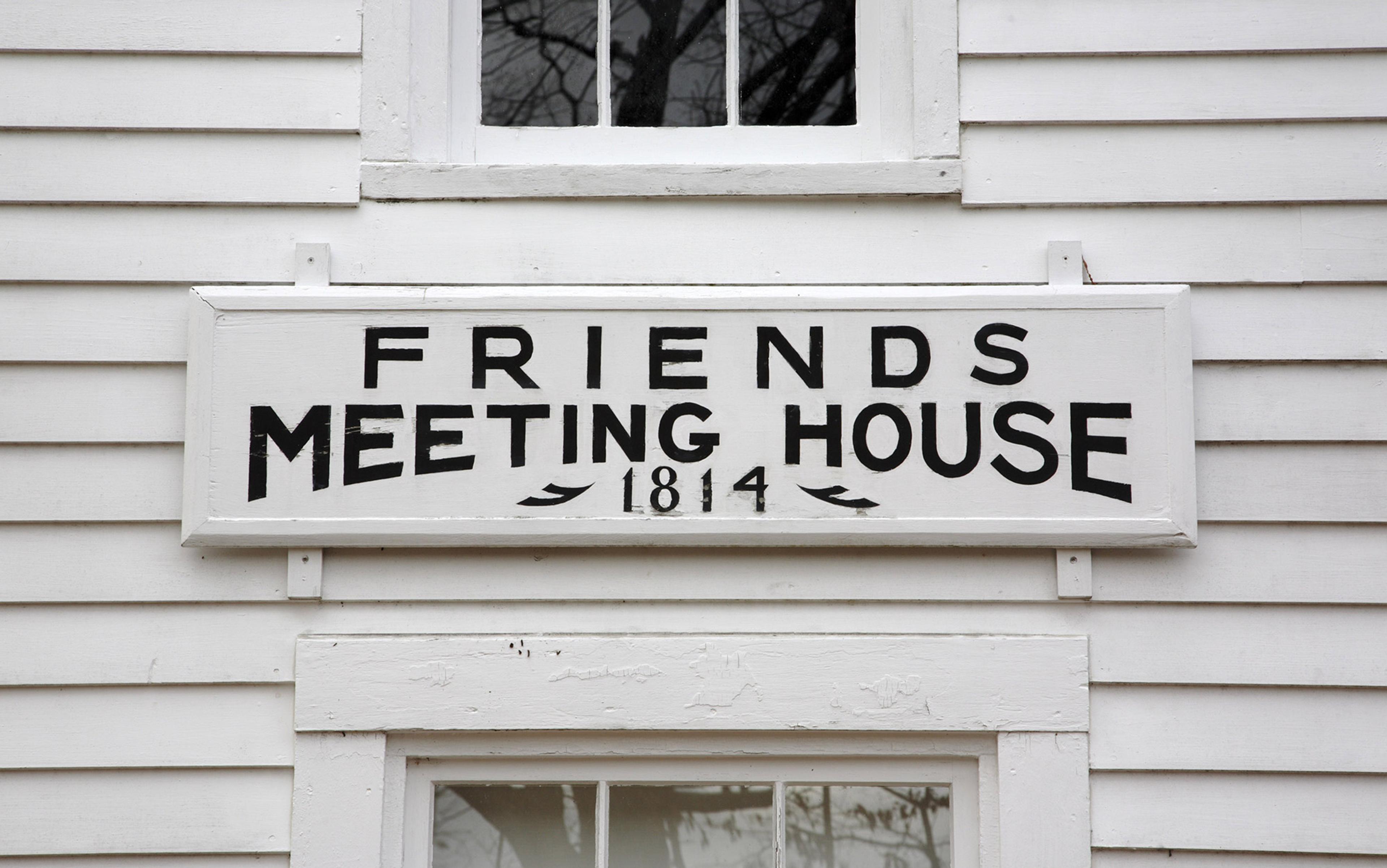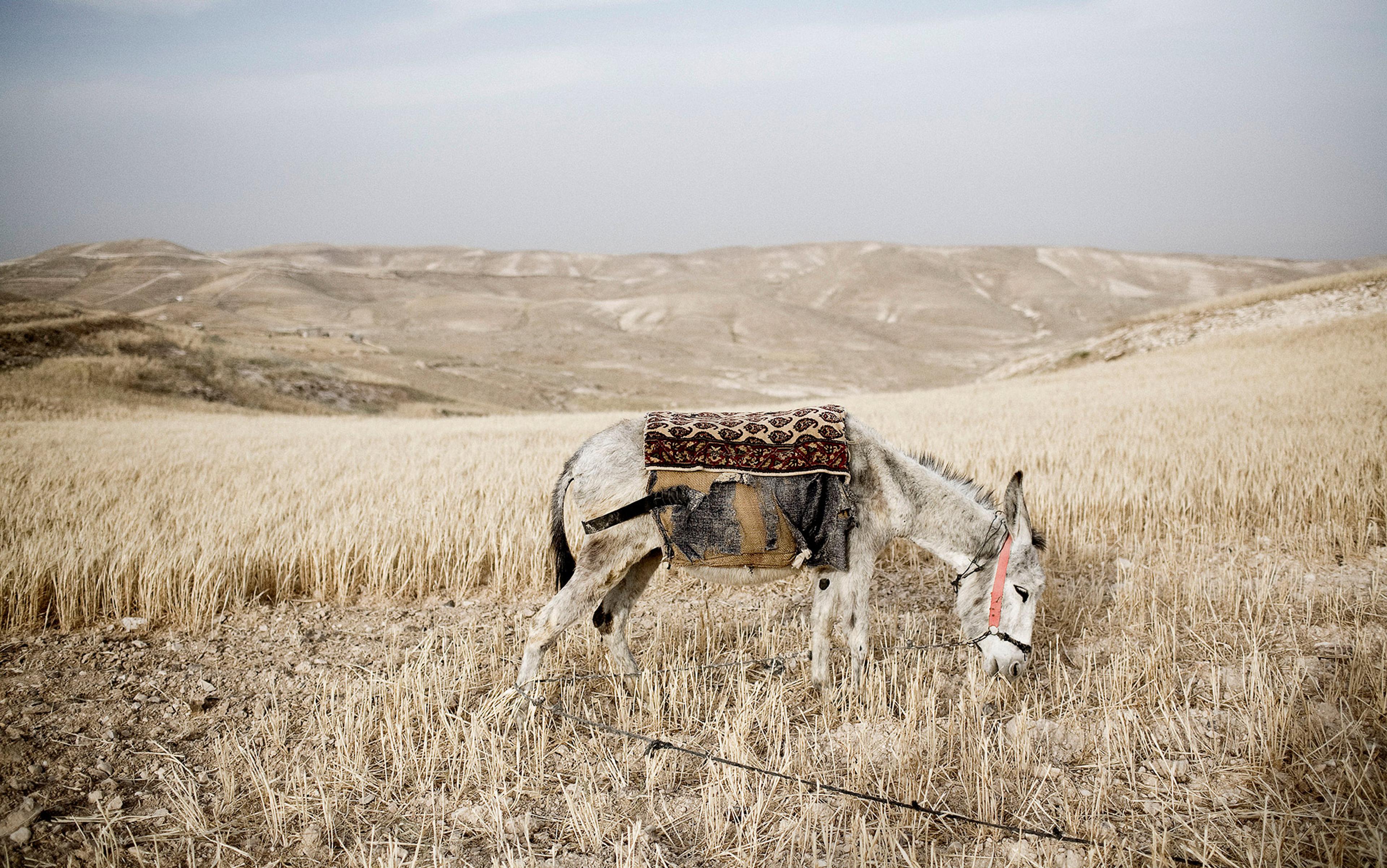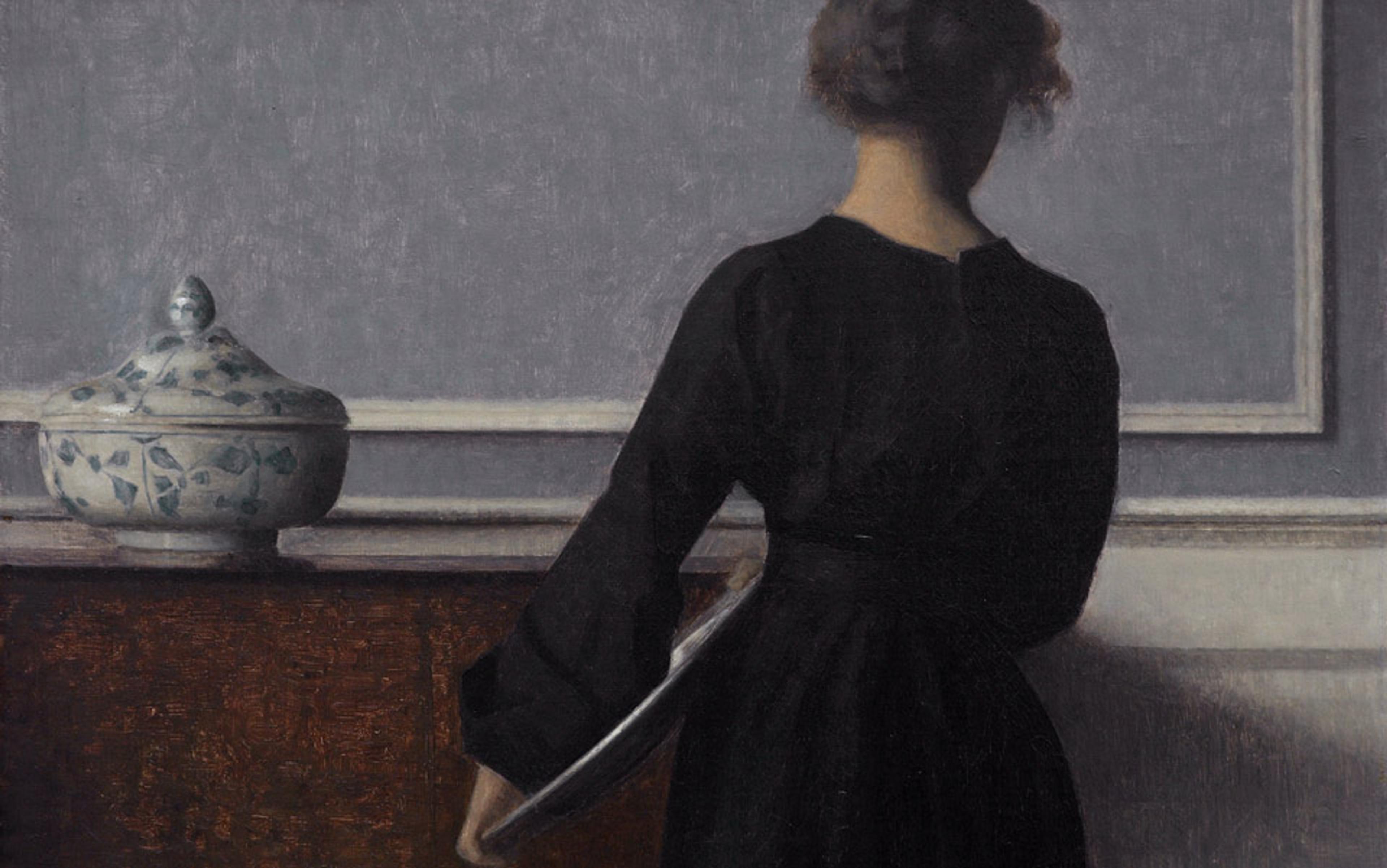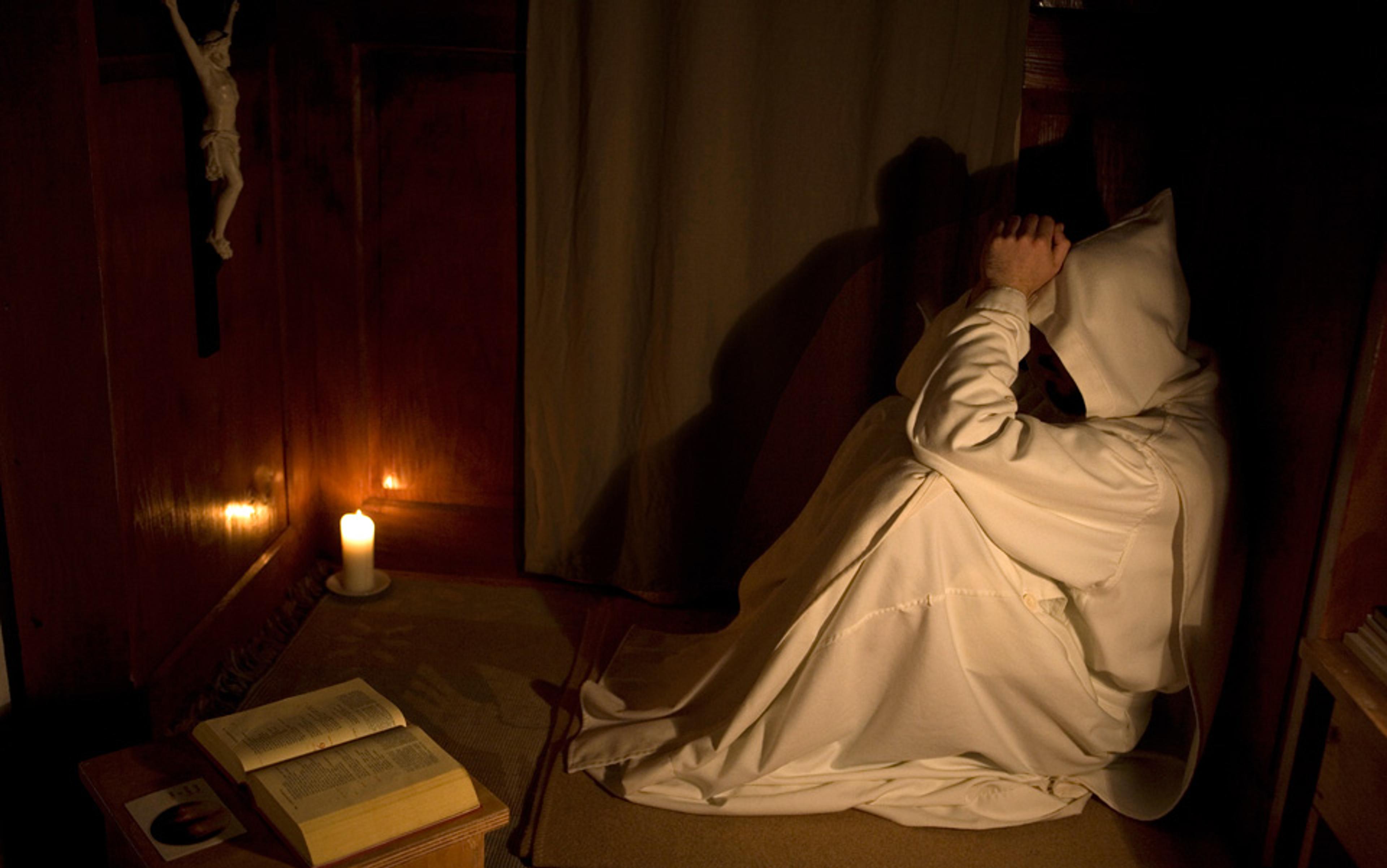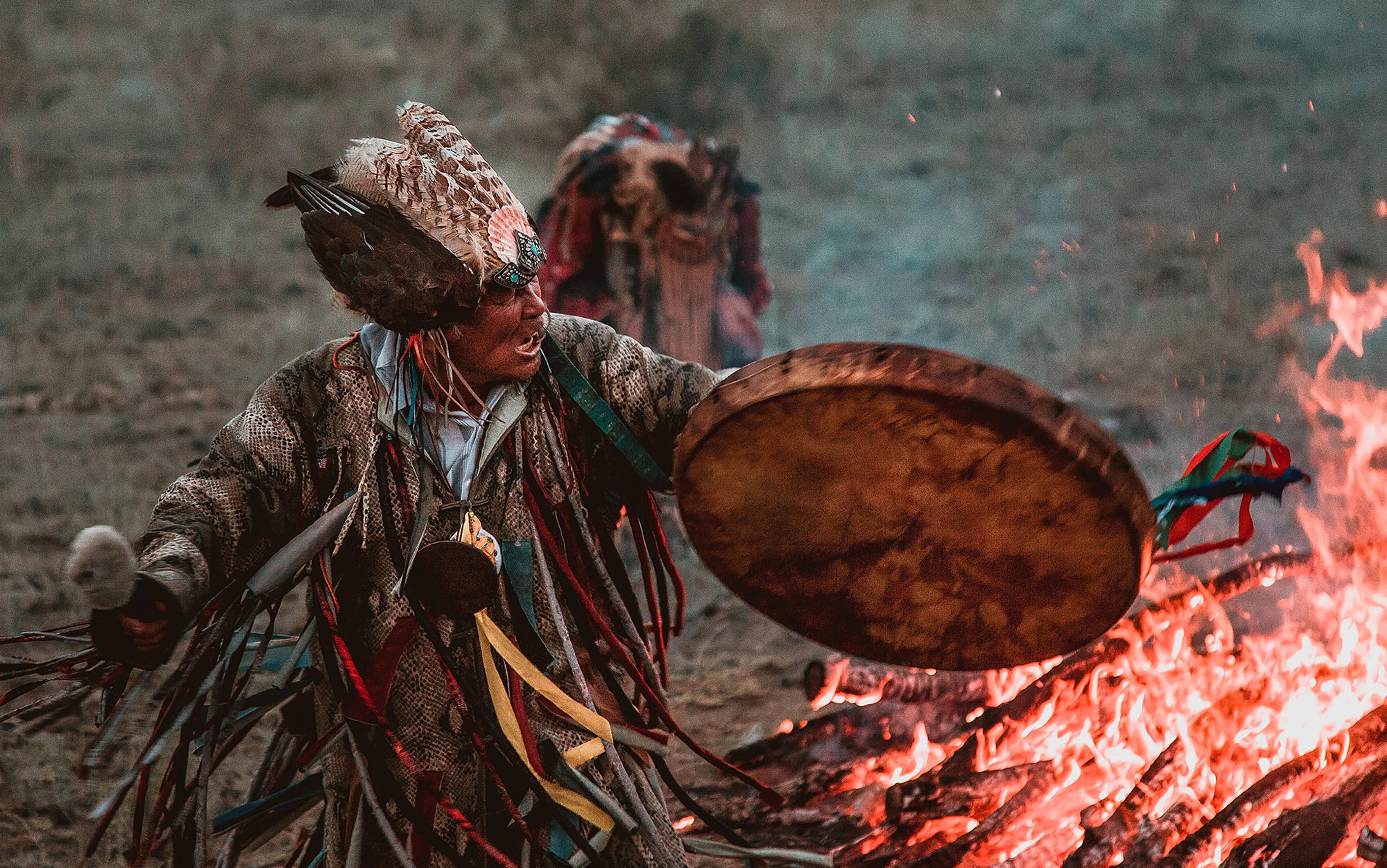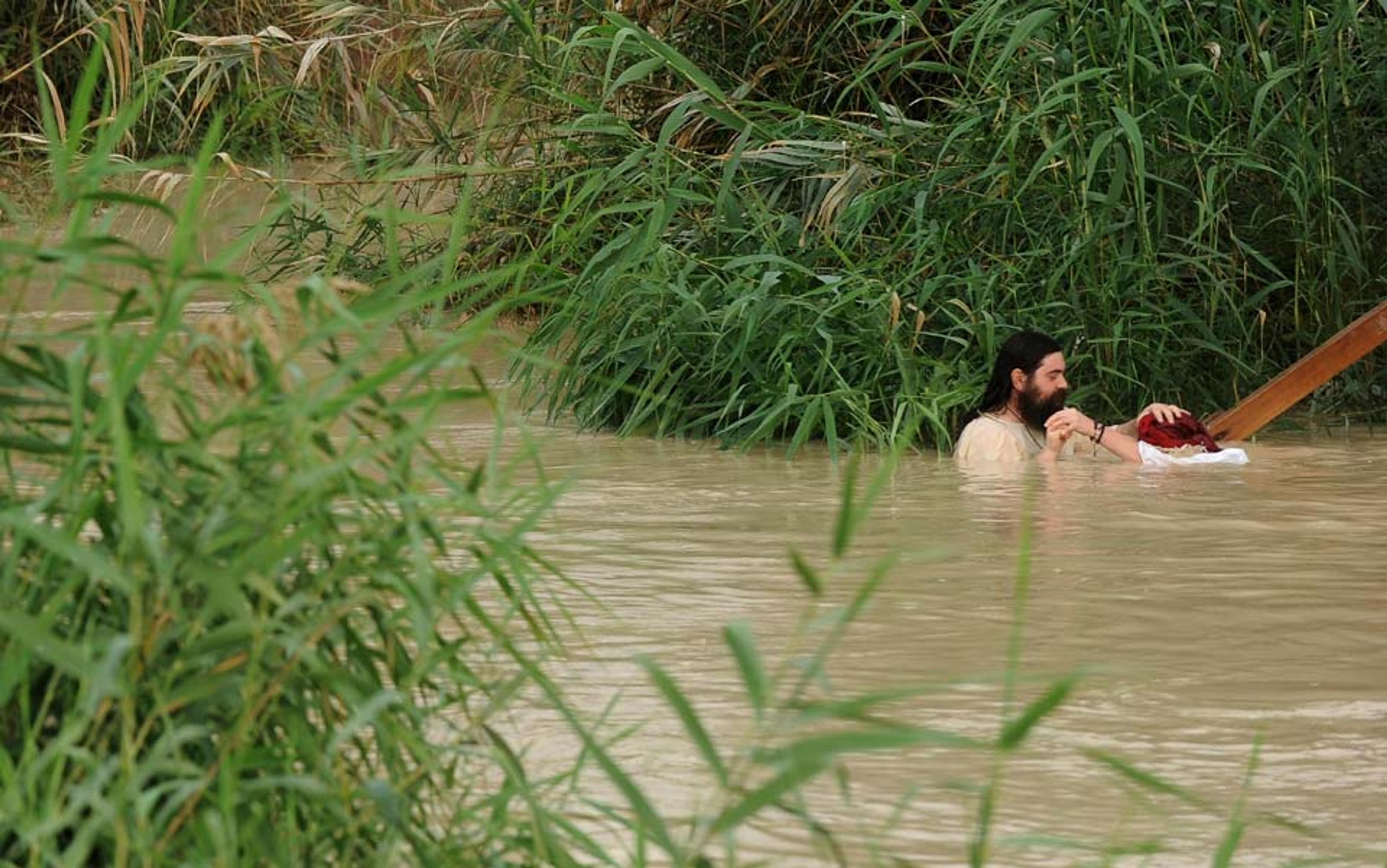I read voraciously as a child, even obsessively. Our family drove across the US when I was 13, and I hardly noticed the scenery, eyes glued to a mammoth book of classic science-fiction stories. As I recall, this ticked off my parents.
Magical stories moved me to tears. I vividly remember, at the age of eight, being surprised at how deeply the second chapter of Astrid Lindgren’s The Brothers Lionheart (1973) affected me. The narrator dies and goes to the land where sagas come from, and when he arrives he finds that all that he had wanted — to be strong, healthy and beautiful like his older brother — has come to be, and that his beloved brother is there, too. And this is just the beginning of the story. I remember arriving at the end of Penelope Farmer’s The Summer Birds (1962) and weeping bitterly as the children, who have spent the summer flying about the English countryside, return gravity-bound to school while their lonely classmate and the strange bird-boy fly off together over the ocean.
This essay wasn’t supposed to be about the stories I read as a child. It was supposed to be about how I manage to be an atheist within a religious community, and why I dislike the term ‘atheism’. But however I wrote that essay, the words died on the page. That story comes down to this: I do not believe in God, and I am bored with atheism. But these stories, this magic, and their presence in my heart, they don’t bore me — they are alive. Even though I know they are fiction, I believe in them.
My main religious practice today is meeting for worship with the Religious Society of Friends: I am a Quaker. Meeting for worship, to a newcomer, can feel like a blank page. Within the tradition of Friends, it is anything but blank: it is a religious service, expectant waiting upon the presence of God. So it’s not meditation, or ‘free time’. But that’s how I came to it at first, at the Quaker high school I attended.
After almost 15 years away, I returned to Quakerism in 1997. During a difficult patch of my life, a friend said I needed to do something for myself. So I started going to the meeting house on Sunday mornings. What I rediscovered was the simple fact of space. It was a hiatus, a parenthesis inserted into a complicated, twisty life. Even if it held nothing but breath, it was a relief, and in that relief, quiet notions emerged that had been trampled into the ground of everyday life.
‘Truth’, in the sense that it was used by 17th-century Friends, had less to do with verifiable evidence, and more to do with sense of being a ‘true friend’, an arrow flying true
I am an atheist, but I’ve been bothered for a long time by the mushiness I’ve found in the liberal spiritual communities that admit non-believers such as me. I’ve spent the better part of two decades trying to put my finger on the source of this unease, but it is not a question to be solved by the intellect: it must be lived through.
Several years ago, Marshall Massey, a fellow Friend, pointed out to me that ‘truth’, in the sense that it was used by 17th-century Friends, had less to do with verifiable evidence, and more to do with sense of being a ‘true friend’, an arrow flying true. It was about remaining on a path, not about conforming to the facts of the world. This points to a deep truth: we humans are built for a different kind of rigour than that of evidentiary fact. It is at least as much about consistency, discipline and loyalty as it is about the kinds of repeatable truth that we hold up in a scientific world as fundamental.
This is a large part of what drew me to the Friends rather than the Unitarians or other study groups. Binding oneself to specific patterns, habits, and language seems to have the effect of providing a spine, and Quakers seemed to have more of this spine than other groups I was attracted to. It was a partial solution of my sense of mushiness, but it certainly didn’t solve everything.
If you are really going to be part of a community, just showing up for the main meal is not enough: you need to help cook and clean up. So it has been with me and the Quakers: I’m concerned with how my community works, and so I’ve served on committees (Quakerism is all about committees). There’s pastoral care to accomplish, a building to maintain, First-Day School (Quakerese for Sunday School) to organise. And there’s the matter of how we as a religious community will bring our witness into the world. Perhaps this language sounds odd coming from a non-theist, but as I hope I’ve shown, I’m not a non-theist first. I’ve been involved in prison visiting, and have been struck at the variety of religious attitudes among volunteers: some for whom the visiting is in itself ministry, and others for whom it’s simply social action towards justice (the programme grew out of visiting conscientious objectors in the Vietnam era). The point is: theological differences are not necessarily an issue when there’s work to be done.
But the committees I’ve been in have also had a curious sense of unease too, a sense of something missing, and I’ve now been on three committees that were specifically charged with addressing aspects of a sense of malaise and communal disconnect. The openness of liberal religion resonates strongly with me. It means I do have a place, and not just in the closet or as a hypocrite. But I wonder if my presence, and the presence of atheists and skeptics such as me, is part of the problem.
People need focus. There’s a reason why the American mythologist Joseph Campbell chose the hero’s journey as his fundamental myth: we don’t give out faith and loyalty to an idea nearly as readily as we give it to a hero, a person. And so a God whom we understand not as a vague notion or spirit, but as a living presence, with voice and face and will and command — this is what I think most people want in a visceral way. In some ways, it’s what we need.
And I do not believe such a God exists in our universe.
Here’s a peculiar sense I’ve been getting in Friends committee meetings: we often don’t know how to seek the will of God; we are uncertain whether God actually possesses will. And yet, I suspect that the way out of our tortuous debates is to stop arguing and submit. That submission — because that’s what it is, in the same sense that islam means submission — is what pulls us out of ourselves and gets us lined up to do what needs doing instead of arguing about whose idea is better.
In the 17th century, the Quaker theologian Robert Barclay argued for the bodiless Holy Spirit as the only way to reach Christ and then God. Nowadays, we might find comfort in the spirit alone, or the Light, as Quakers describe an inwardly detected sense of the divine. But submission to something so vague is difficult. We might love and treasure and ‘hold our beloved friends in the Light’, but that’s not a humbling of self, a laying low of ego, and that is what I believe we are missing.
How can we do that? How can I do that? Submitting to something I am pretty sure doesn’t exist? How can I bow down to a fiction? I did it all the time as a child. Open the cover of the book, and I’m in that world. If I’m lucky, and the book is good enough, some of that world comes with me out into the world of atoms and weather, taxes and death. It’s a story, and sometimes stories are stronger than stuff.
Maybe part of the trick is realising that it doesn’t have to be just my little bubble of fiction. I can read a novel, or I can go gaming into the evening with friends. I can watch a ballet on a darkened stage, or I can roar along to my favourite band in the mosh pit. I hated school dances with a passion, yet I have been a morris dancer for 23 years now: I just had to find the form that was a right fit. I don’t pray aloud, or with prescribed formulas. But I can ask Whatever-There-Is a question, or ask for help from the universe, or say thank you. And now that I’m in a place with a better fit, sometimes I get answers back. And so there I am, a confirmed skeptic, praying in a congregation.
Maybe that god would tell us not to tramp over the earth in armies, pretending we are bigger than we are, and that dying is OK
A year and a half ago, our family began worshipping with a smaller Conservative Friends group. Conservative Friends are socially and theologically liberal but stricter in adhering to older Quaker practices. The group uses the Montessori-based Godly Play curriculum for the children: it’s all about stories. Every session begins with a quieting and a focusing. The leader tells a story from the Bible or from the Quaker story book. Then ‘wondering’ questions are asked that spur the children to reflect on what’s going on, and what they would do in the same situation.
I wish I’d had this great programme as a child. The teacher is a good storyteller who clearly loves the kids, and they love the stories and the time with their friends. To me, it’s such an improvement on school-style lessons. It says: this is a different kind of knowing and learning — this is not about facts and theories you need to learn, but about the stories we want to become part of your life.
I love facts and theories, the stuff of the world. I spend most of my life wrestling and dancing with all this amazing matter. As the Australian comic Tim Minchin says in his rant-poem ‘Storm’ (2008): ‘Isn’t this enough? Just this world? Just this beautiful, complex, wonderfully unfathomable world?’ And yes, it’s enough. We don’t need to tell lies about the real world in order to make it magical. But we do still need impossible magic for our own irrational selves. At any rate, I do.
Because I don’t feel stuff-and-logic-based explanations deep down in my toes. There are no miracle stories of flying children there, or brothers reborn into the land where the sagas come from. The language of ‘stuff is all there is’ tells me that I can — even ought to — be rational and sensible, but it doesn’t make me want to be. ‘Atheism’ tells me what I am not, and I yearn to know what I am. What I am has a spine, it’s a thing I must be true to, because otherwise it evaporates into the air, dirt and water of the hard world.
Maybe I — we — need to start small, rebuilding gods that we talk to, and who talk back. Or just one whom we can plausibly imagine, our invisible friend. Maybe part of our problem is that we don’t actually want to talk to the voice of Everything, because Everything has gotten so unfathomably huge. George Fox, the founder of Quakerism, didn’t have to think about light years, let alone billions of light years. The stars now are too far away to be our friends or speak to us in our need. Maybe we could talk to a god whom we imagined in our house. Maybe we could ask what is wanted, and hear what is needed. Maybe that god would tell us not to tramp over the earth in armies, pretending we are bigger than we are, and that dying is OK, because it’s just something that happens when your life is over. Maybe we would ask for help and comfort from unexpected places, and often enough receive it and be thankful for it.
Maybe we need to name that little god something other than God, because maybe our God has a boss who has a boss whose boss runs the universe. Maybe we name this god Ethel, or Larry, or Murgatroyd. Maybe there is no god but God… or maybe there just is no God. And maybe it doesn’t matter. Maybe we just tell stories that ring true to us and say up-front that we know they are fiction. We can let people love these stories or hate them. Maybe imagining impossible things — such as flying, the land where sagas come from, God — is what is needed. Maybe we don’t need the gods to be real. Maybe all we need is to trust more leaps of the imagination.
